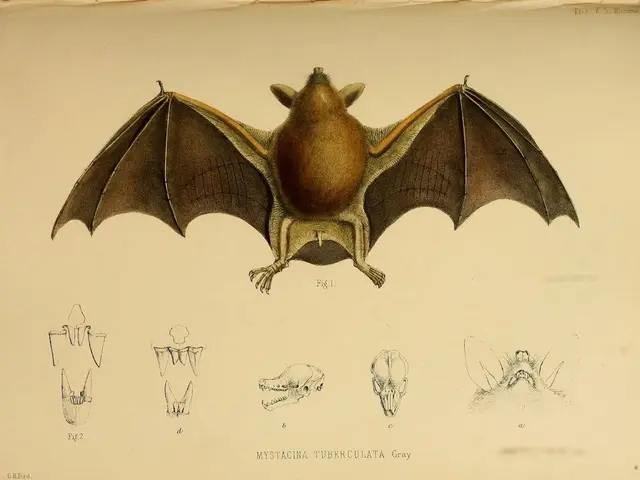Poland's UDER53 Bill Streamlines EV Charging Regulations
Bill Gates and Poland are streamlining regulations to boost electric vehicle (EV) adoption. A new bill, UDER53, aims to simplify the process of installing private charging stations in residential buildings. The Ministry of Climate and Environment, led by Secretary of State Krzysztof Bolesta, is driving this change to align with EU sustainability goals.
Currently, residents must seek approval from homeowners' associations or building administrators to install charging points. A recent court ruling in Warsaw has set a precedent, allowing residents to install private charging points with associations facing legal and financial consequences for unjustified refusal.
The draft law UDER53 seeks to make this process more predictable and transparent. It introduces stricter deadlines for administrators to commission a technical study, with applicants able to commission the study directly if the deadline is not met. The bill also aims to reduce waiting times for new charging points, fostering electromobility in Poland. This deregulation effort is part of Poland's broader strategy to reduce bureaucratic obstacles for sustainable technologies.
With 80% of Polish EV owners charging at home, the UDER53 bill is poised to significantly enhance the EV charging infrastructure. By removing regulatory barriers and simplifying procedures, Poland is taking a step forward in its commitment to EU sustainability goals.
Read also:
- chaos unveiled on Clowning Street: week 63's antics from 'Two-Tier Keir' and his chaotic Labour Circus
- Racing ahead in Renewable Energy Dominance: Changzhou, Jiangsu Pushes for Worldwide Renewable Energy Ascendancy
- Renault Group to Discuss Decarbonization and Circular Economy Strategies at ChangeNow 2023 Event
- Public remains oblivious to potential hazards at gas export facilities, due to confidentiality surrounding their operations







